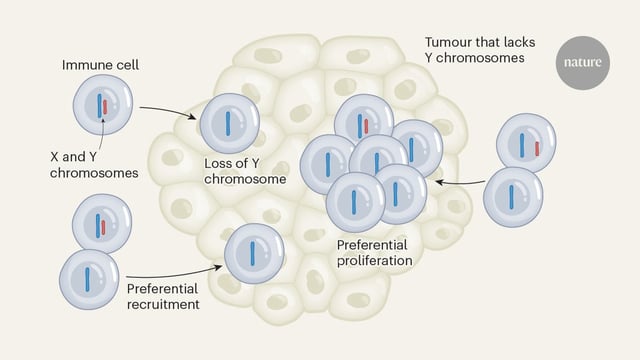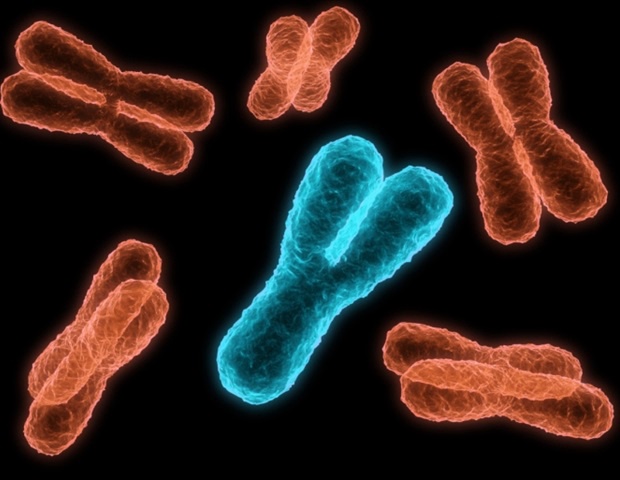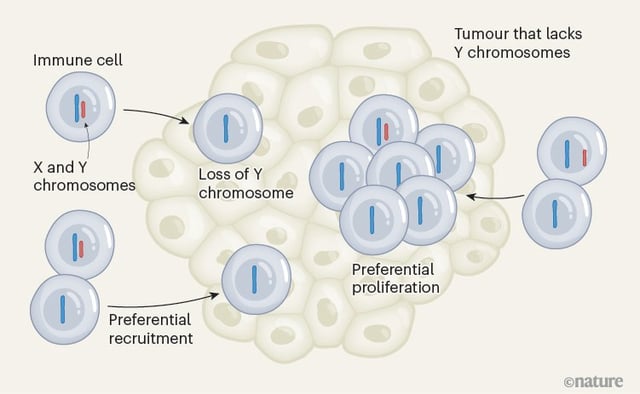Overview
- The Nature study employed advanced genomic sequencing of tumor and immune cells from male cancer patients to map loss of the Y chromosome in T lymphocytes
- Loss of the Y chromosome in helper and cytotoxic T cells reduces their capacity to kill cancer cells, enabling tumors to evade immune surveillance
- Concurrent Y chromosome loss in malignant epithelial cells and infiltrating T cells correlates with more aggressive tumors and lower survival rates in men
- This age-related, nonheritable genetic alteration extends beyond tumors into circulating blood immune cells and often increases with advancing age
- The research team recommends screening patient-derived immune cells for Y chromosome loss before administering cell-based immunotherapies to improve treatment outcomes



